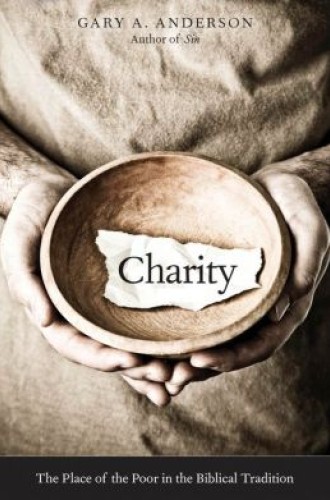Ethics
Good Food: Grounded Practical Theology, by Jennifer R. Ayres. Ayres presents good food as divine bounty and moral challenge. She rotates her crops, deftly weaving statistical analysis and moral frameworks with stories of particular practices of food faithfulness, hopefulness, and goodness. In the second half of the book she recounts particular practices of “church-supported farming, . . . transformative travel, and vocational sustainability.” Caught in a bad system yet hoping for an eschatological feast, we must both endure and repair, repent and rejoice, theologize more honestly, and act more faithfully. Ayres shows us the way.
To Repair the World: Paul Farmer Speaks to the Next Generation, by Paul Farmer. From nearly anyone else, a collection of 19 sermons and graduation speeches would be overwhelming. From Farmer, it is a beguiling, enervating prescription for accompaniment—the “go and do likewise” walk with hurting people toward Jesus’ future. Though Farmer jokes about being “as poetic as Heaney, as funny as Colbert, as engaging as Clinton, as creative as J. K. Rowling,” this poignant, hilarious, winsome, fascinating book gives us a sense of the urgency—and joy—of the corporal works of mercy.
The Poetics of Grace: Christian Ethics as Theodicy, by Jeph Holloway. Holloway proffers an ingenious evangelical ethic that begins with the core question, “What is God doing about evil?” The answer, according to Holloway’s close reading of Ephesians 1–3, is that God is redeeming a church. That answer shapes successive chapters on the theocentric, redemptive, and ecclesial character of Christian ethics. Along the way, Holloway offers crisp readings of philosophical history and current events, of Paul’s engagement with ancient Ephesus and his own with pop culture, and of the moral contours of work, eugenics, and home life.















